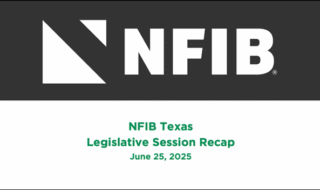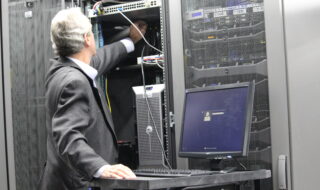February 16, 2022
Small business optimism fell slightly in January, with inflation and labor quality remaining top-cited problems by owners
Small Businesses Start the New Year Raising Prices as Inflation Takes Its Toll
Get to know NFIB
NFIB is a member-driven organization advocating on behalf of small and independent businesses nationwide.
Related Articles

June 30, 2025
What Happened in Phoenix for Arizona Small Business Owners Duri…
A look at the small business victories achieved during the 2025 Arizona Leg…
Read More


June 30, 2025
WATCH: What Happened During the 2025 Texas Legislative Session
NFIB State Director Jeff Burdett discusses what small business owners need…
Read More


June 30, 2025
Get Tips on Website ADA Compliance on the Small Business Rundow…
The Small Business Rundown talks website ADA compliance, the Small Business…
Read More


June 30, 2025
NFIB Survey Sheds Light on New Technologies for Small Business
NFIB’s Small Business and Technology Survey shows how small businesses ar…
Read More







